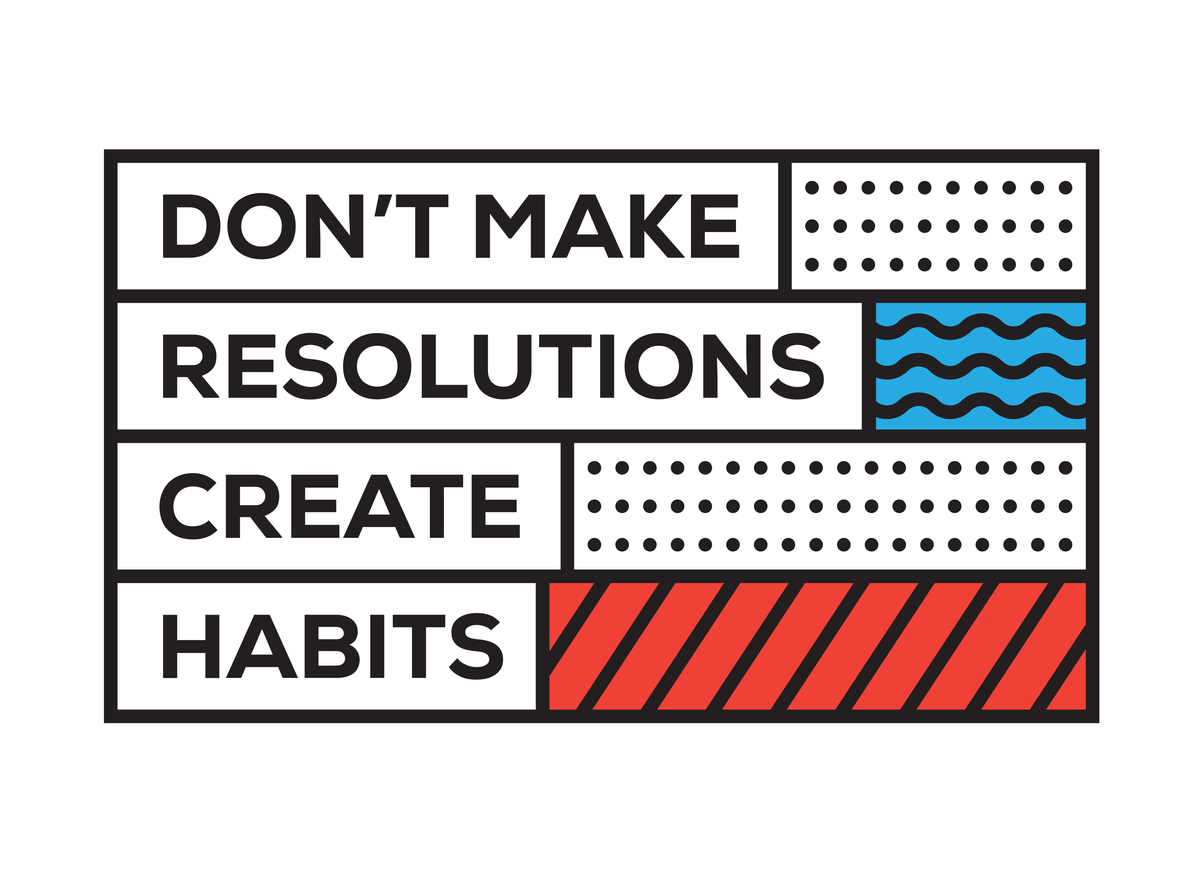
In the world of business, I have learned that there are in fact two types of business owners, the successful, and unsuccessful. I know that sounds harsh but just hear my business coaching out for a second. There are business owners that completely crush the competition and are extremely successful in the business game which leads them to financial and time freedom. On the flip side, there are also business owners that do not reach the same levels of success and either live a life of constant struggle or will eventually succumb to failure.
What Exactly Is A Habit?
A habit is defined as a routine of behavior that is repeated regularly and typically occurs subconsciously. Whereas the American Journal of Psychology defines a habit as a more or less fixed way of thinking, willing, or feeling acquired through previous repetition of a mental experience.
How Are Habits Formed?
Habit formation is the process by which a behavior, through regular repetition, becomes automatic or habitual. … A habit may initially be triggered by a goal, but over time that goal becomes less necessary and the habit becomes more automatic. So let’s explore what exact actions and processes that set habits forming into motion. Commonly, routines are made up of a three-part habit loop: a cue, a behavior, and a reward. So in order to begin forming successful habits, you have to diagnose the cue and the reward that speaks best to your motivations. Let’s begin with how to define a cue. Typically, every cue falls into usually one of five categories: It’s a particular time of day, a certain place, the presence of certain people, a specific emotion, or a set of behaviors that’s become ritualized. For example, if you find yourself getting a cup of coffee a particular time of day each and every day, your brain has been conditioned by a combination of these triggers in order to propel you towards gaining that cup of coffee as a reward. This is a subconscious decision that has been learned over time based on your environmental stimuli. It is important to remember that making a conscious decision occurs in the prefrontal cortex. These are not emotion-driven habits regulated by the amygdala (the emotion center of the brain) rather they are direct responses due to the influence of the basal ganglia. So in order to hone in on building better habits, it is imperative that you target your ideal cues and enticing rewards.
The Power Of Good Habits | Ample Examples Of Success
So my business coaching friends, now that we’ve learned what triggers a habit you might be asking yourself, “Self, what successful habits can I start developing cues and rewards for in order to optimize my life?”. That is a fantastic question. Below are some of the good habits I’ve learned personally or have experienced from those more successful than myself:
- Waking up at the same time every day
- So I’m just going to be frank with you… This is going to suck at first. Resetting your body’s natural rhythm is not instant and switching from waking up at 8 am to a much earlier 4 am will result in you being quite pissed before the rest of the world wakes up. The silver lining here is that the cue and reward for this habit are immediately identifiable. Simply set your alarm to the new, bright, and early wake-up call and have it repeat every day of the week. This cue is now automatic, and the longer you do it the more your body will start to naturally wake up at that time on its own. The reward is having the additional time in your day to focus on knocking out essential tasks so that you aren’t focused on them throughout your workday, or even giving yourself extra time to focus on the things that are important to you. Hobbies, exercising, self-expression, etc.
- Planning your days and weeks
- Having time set aside before your day begins to plan out your days and weeks is crucial to maintaining your sanity and keeping a consistent flow. Identifying this cue for me began with setting daily appointments in my calendars that would immediately let me know, “Hey wise guy, it’s time to sort out your chaos!”. After having done it over and over again, my body can go on autopilot and pull up my to-do lists and calendars every single day at 5 am (AKA planning time). The reward is an overwhelming sensation of peace of mind. Knowing that I have everything in order.
- Exercising
- While exercising is an incredible habit to adopt, much like changing your sleep schedule this does not happen immediately. The identifiable cues for this are extremely subjective, but the rewards are pretty universal. Attaining more confidence, extending your span, increasing daily energy levels, the list goes on. The important thing to remember is to start small and keep the process repetitive. Over time your exercise habit will take over and you’ll be left with an incredibly rewarding new habit.
- Reading
- Finally, I leave you with a habit that it took me years to adopt. Now, I’ve always been a pretty decent student, but the one subject I always struggled with was English. This wasn’t due to the fact that I was bad at writing papers or struggled with the English language as a whole, but rather more so that I just hated reading. I just couldn’t get excited by cracking open a book and wasting hours staring at words. It wasn’t until I was mentored by successful people that I realized reading helpful, practical books could better my life. Much like with creating a regular wake up routine I had to start small. My cue started at 8 pm, one hour before bed. I started to recognize 8 pm as the moment I would crack open any kind of beneficial reading material and dedicate just 30 minutes to reading. I began consuming articles that were recommended by Clay and eventually worked my way up to books. It might not seem game-changing to most, but by simply dedicating myself to forming a new habit I was able to break myself of a bad habit in order to improve my well being.
For me, learning exactly what a habit is at its core and finding out the processes necessary to set them in motion resulted in the personal growth I would not have experienced otherwise. Habit-forming is not easy, but the end result and rewards from learning good habits is priceless.

